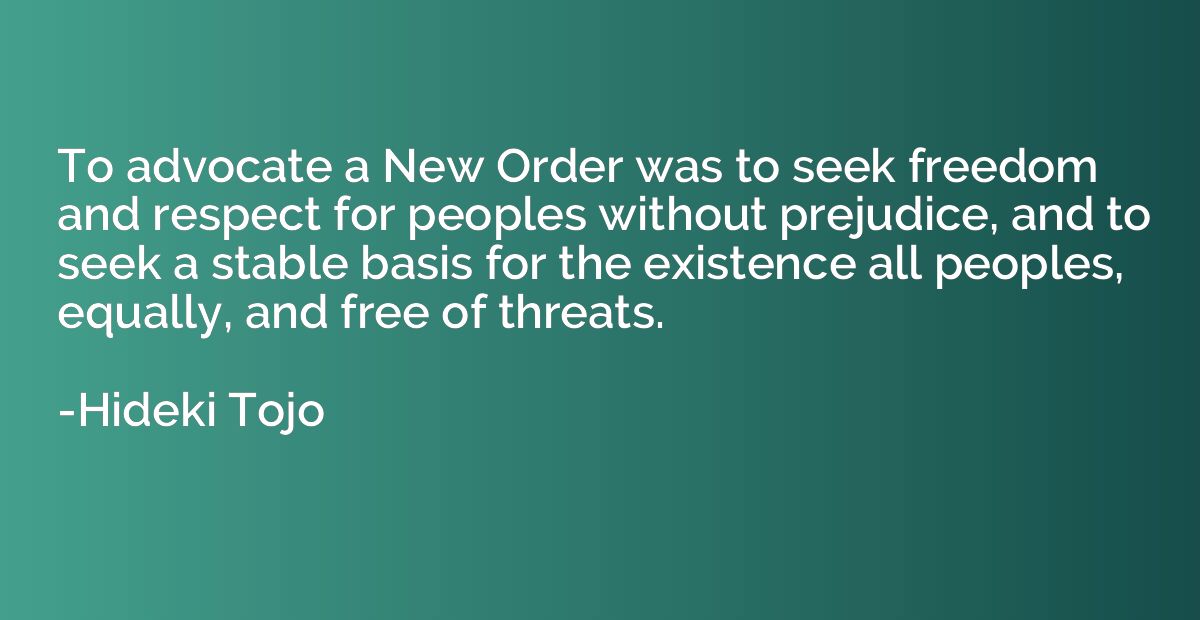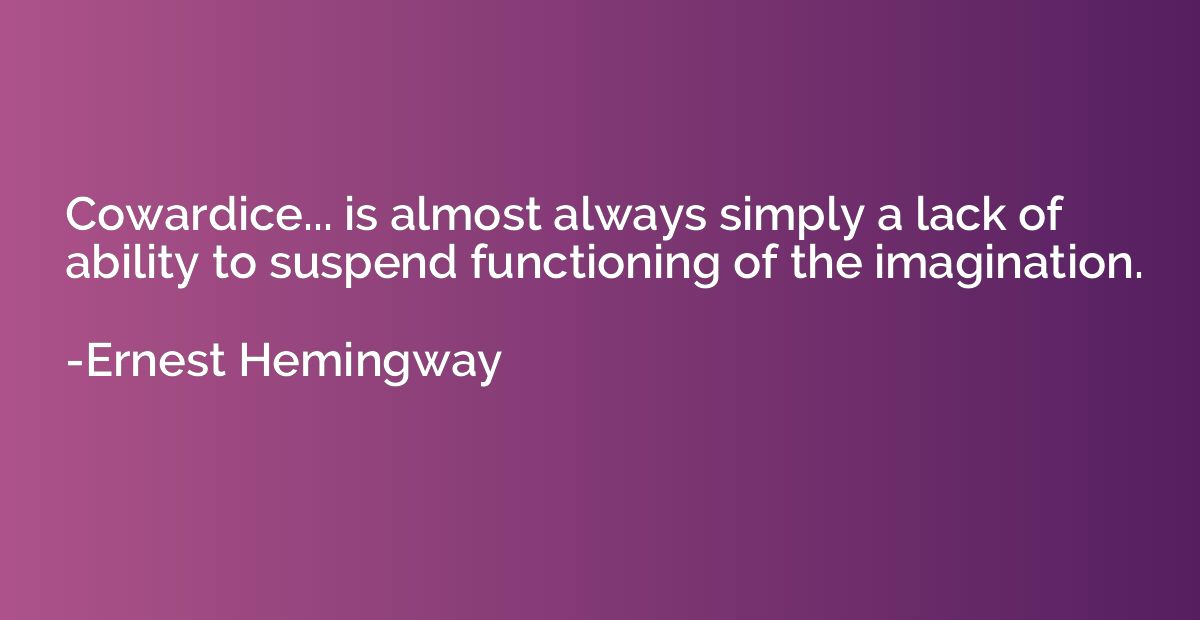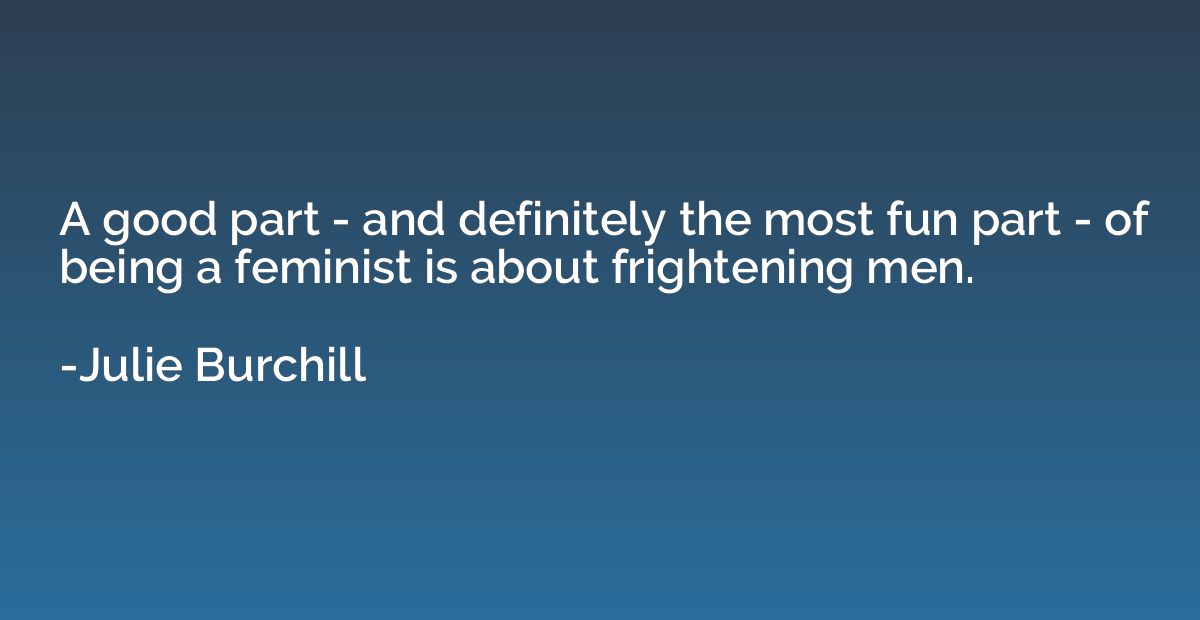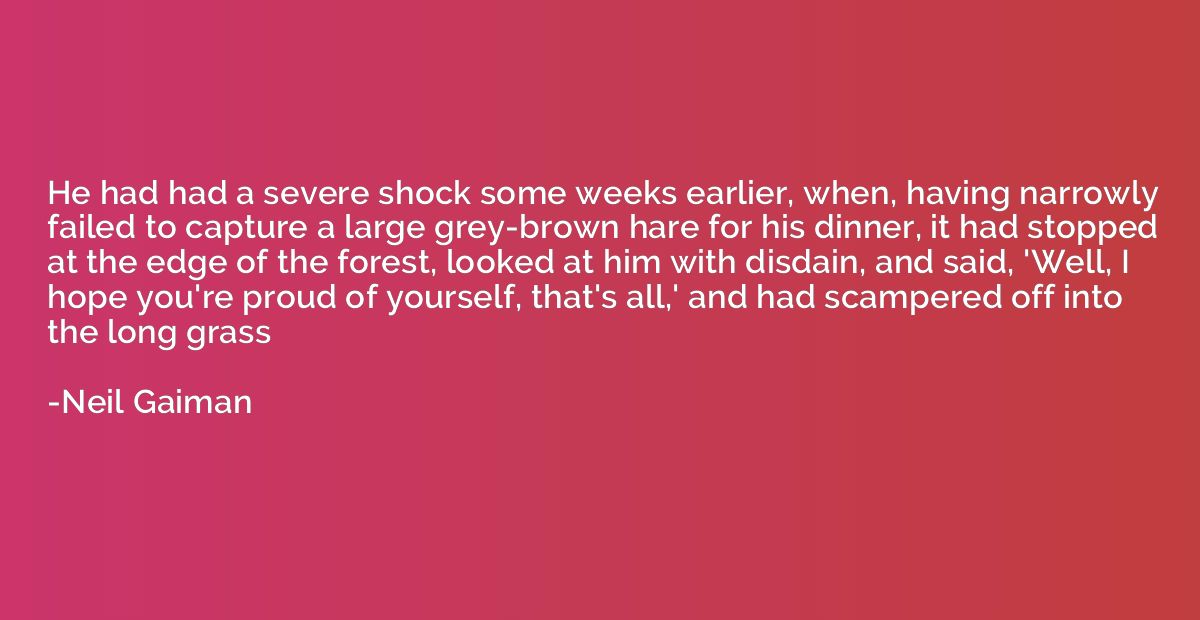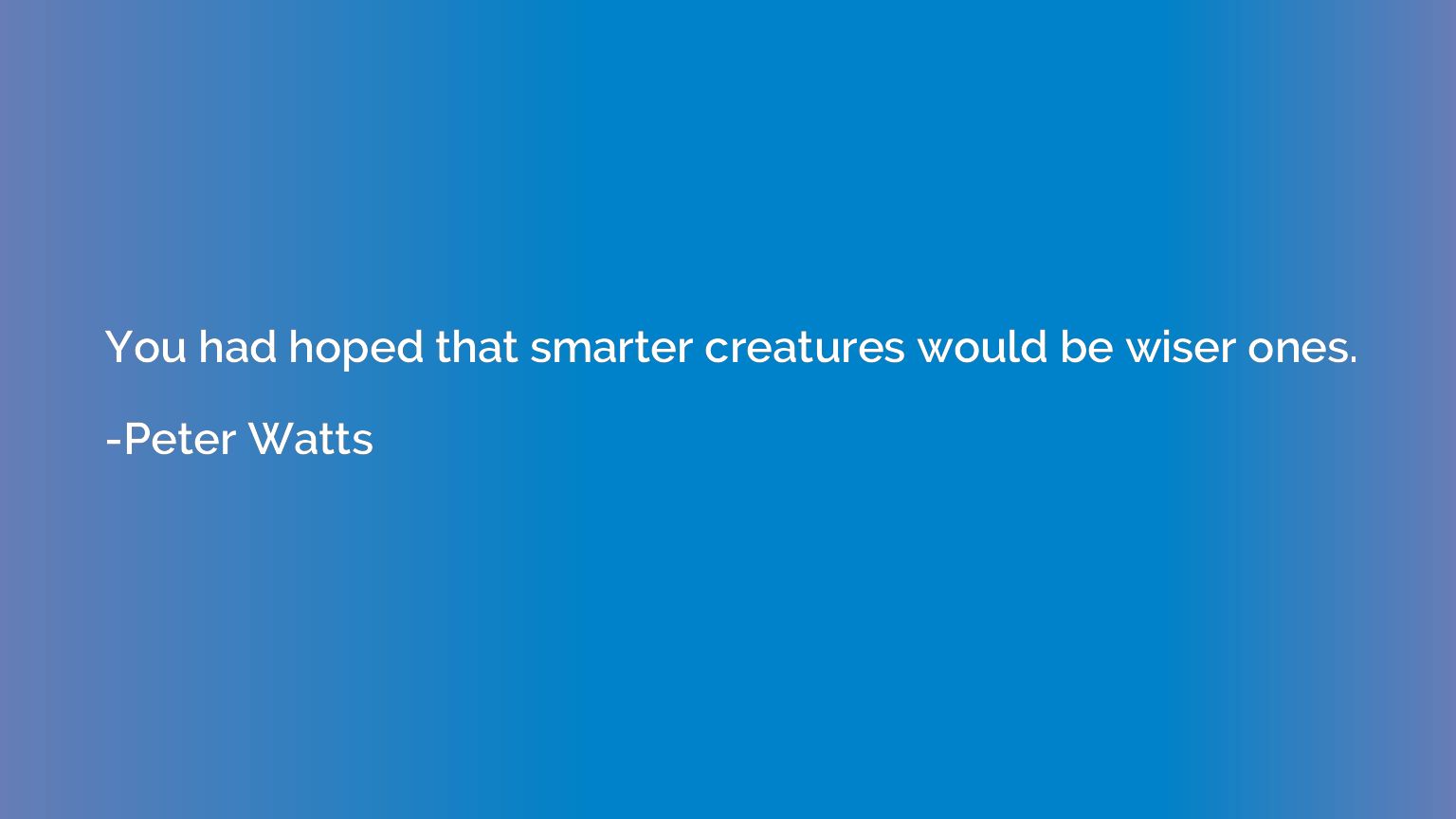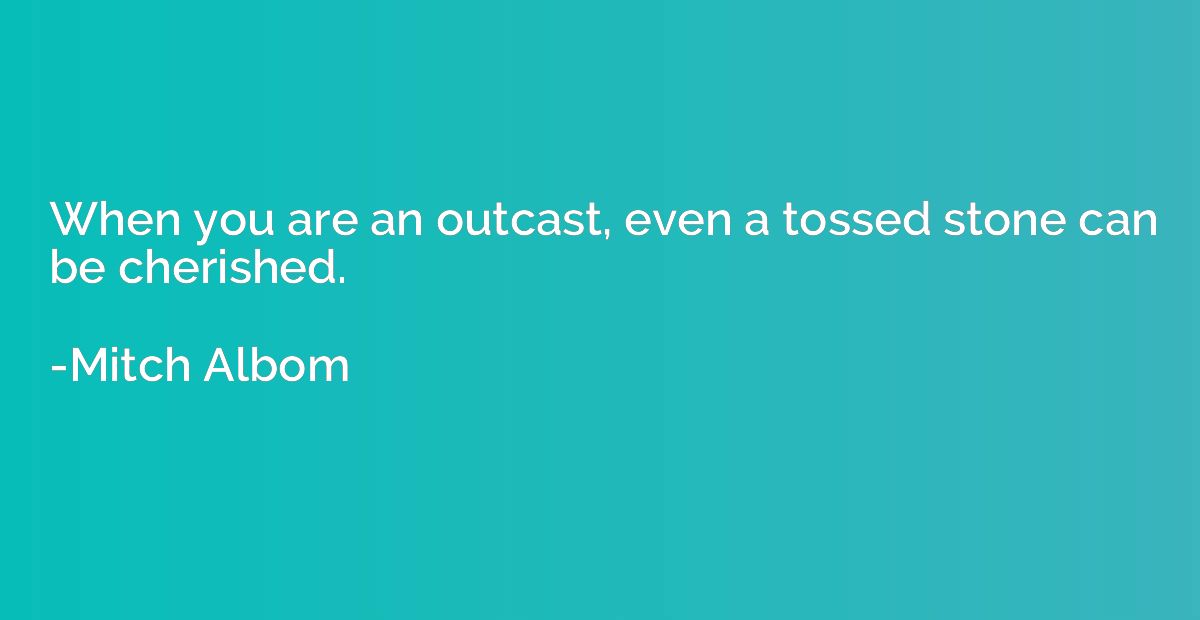Quote by George Bernard Shaw
Use your health, even to the point of wearing it out. That is what it is for. Spend all you have before you die and do not outlive yourself.
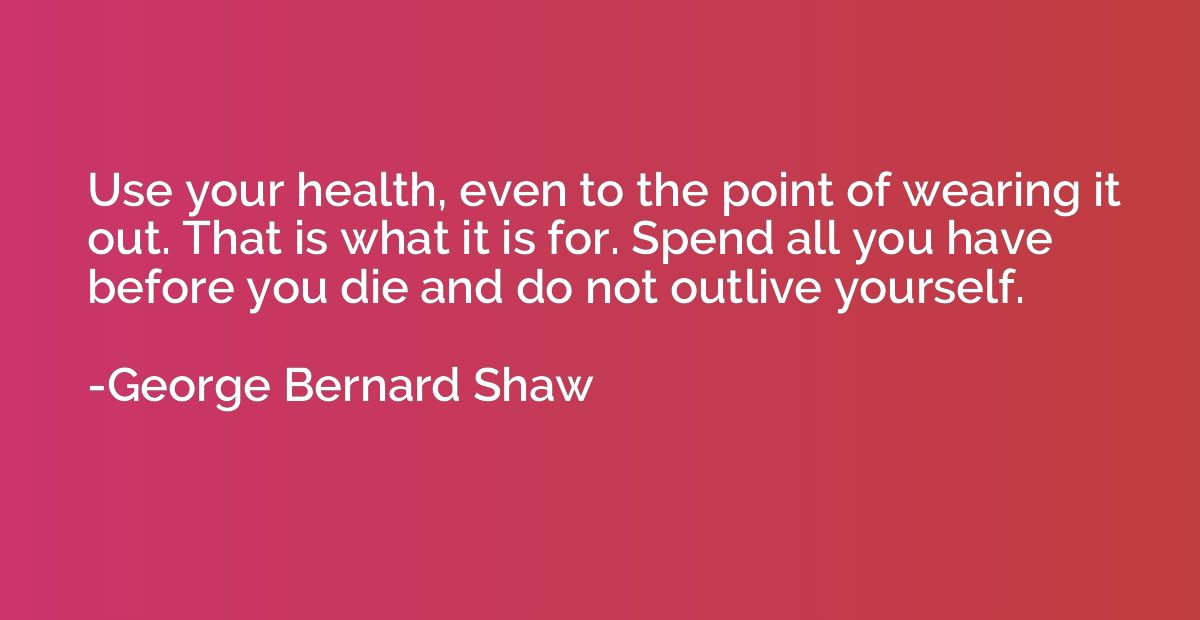
Summary
This quote emphasizes the importance of prioritizing one's health and living life to the fullest. It suggests that rather than conserving energy or health for a later time, we should utilize and exhaust our physical and mental well-being in the present moment. By encouraging us to spend all we have before our time ends, the quote promotes embracing experiences and seizing opportunities, emphasizing the transient nature of life. It serves as a reminder to make the most of our health and vitality while we can, rather than holding back or saving for an uncertain future.



